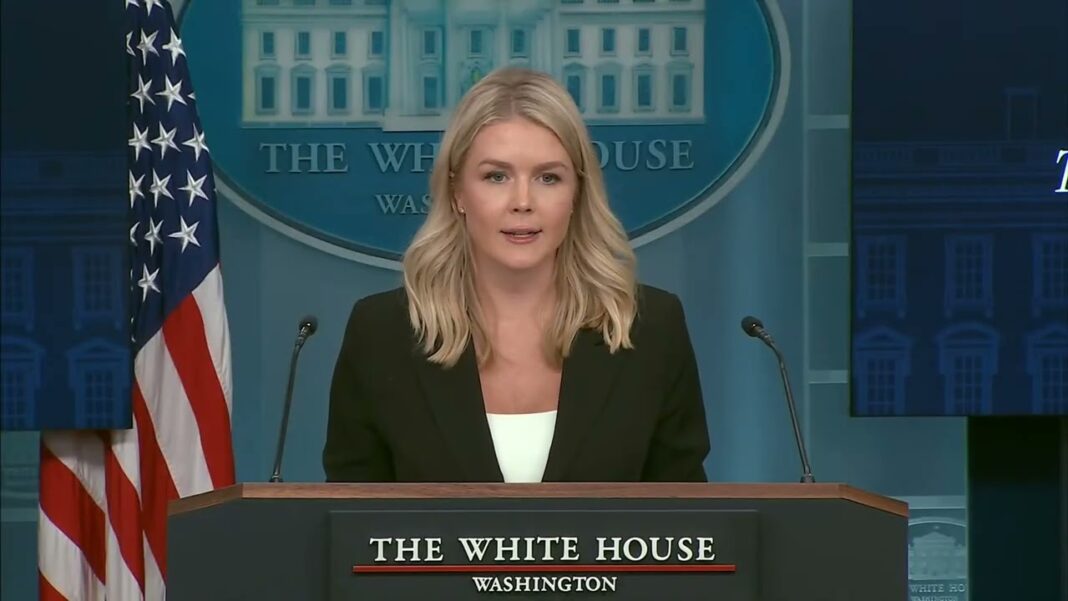The judge seemed concerned about how to harmonize immigration enforcement with the First Amendment.
BOSTON—A trial over President Donald Trump’s attempts to deport pro-Palestinian activists began on July 7 with attorneys debating whether the administration was chilling free speech by attempting to punish dissenting views.
Academic associations had sued, alleging that Trump had violated the First Amendment and due process through a policy of deporting individuals based on their ideology.
Ramay Krishnan, an attorney for the academic groups, compared Trump’s agenda to the McCarthy era and described a “cloud of fear” coming over university communities.
The somewhat unusual civil trial came after weeks of controversy over immigration authorities arresting individuals like Mahmoud Khalil, a former Columbia University graduate student and Palestinian activist who led campus protests in the wake of Gaza-based terrorist group Hamas’s deadly attack on Israel on Oct. 7, 2023. Khalil is a permanent U.S. resident.
His case and that of Rumeysa Ozturk, a Turkish doctoral student at Tufts University who was detained by Immigration and Customs Enforcement (ICE), were mentioned by two noncitizen university professors who said during testimony that those arrests made them fearful they might face backlash over their advocacy.
During opening arguments, Justice Department attorney Victoria Santora denied the administration had implemented a new policy and said that federal authorities had wide discretion in removing noncitizens.
She also argued the federal government had a legitimate interest in combating anti-Semitism, which has become a growing concern as the Israeli-Hamas conflict worsened after the terrorist attack on Oct. 7, 2023.
Early in his second term, Trump signed two executive orders that the groups said served as the basis for an alleged “ideological-deportation policy.”
One, signed on Inauguration Day, establishes a policy of protecting U.S. citizens “from aliens who intend to commit terrorist attacks, threaten our national security, espouse hateful ideology, or otherwise exploit the immigration laws for malevolent purposes.”
It also directs the Homeland Security secretary to take steps to remove noncitizens from certain countries if there is reason to do so.
Another order from January broadly aims to combat anti-Semitism and targets campus-related fallout in the United States from the Oct. 7 attack on Israel.
The case is undergoing a bench trial, which means the judge is expected to make a final decision without a jury.
By Sam Dorman







